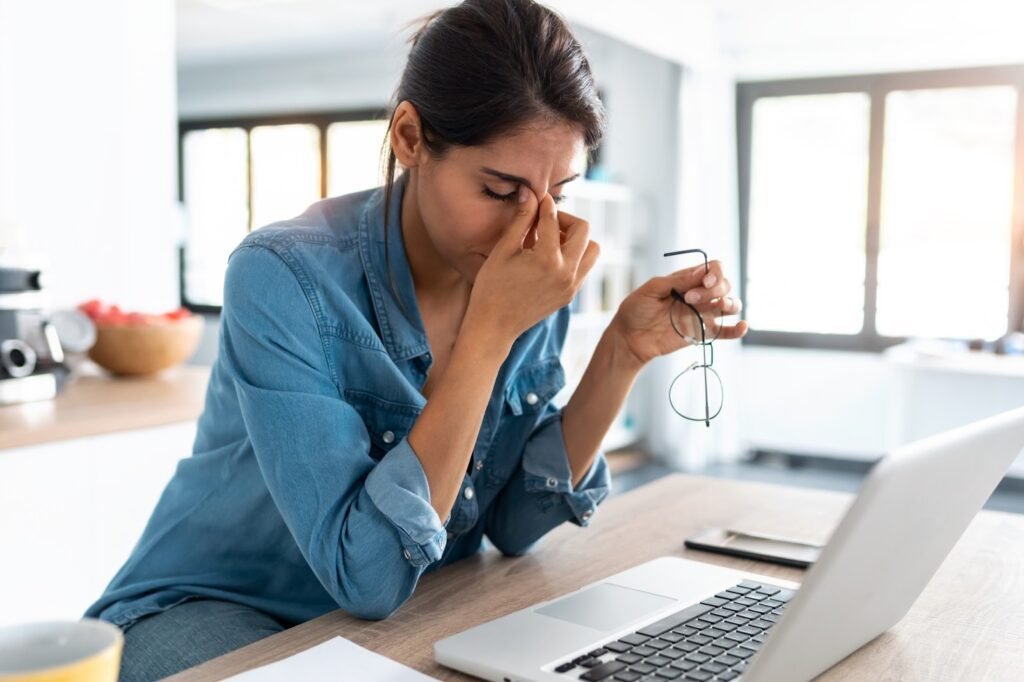7 Ways To Stress Less Amid Cost of Living Crisis

It’s true that the cost of living is at an all-time high. Most disturbingly, The Trades Union Congress (TUC) recently reported that one in seven people in the UK are either skipping meals or going without food due to inflation making everything so unaffordable. The current financial climate is enough to make anyone stressed, yet we can’t do much about the situation; we just have to weather the storm until, hopefully, things calm down. Something we can (kind of) control, however, is our response. As such, we have laid out seven very straightforward, very obvious, yet oft-overlooked tips to reduce panic over the current state of the economy.
Practising Gratitude
Though it may feel like we have little to be thankful for right now, it has proven to be a helpful exercise to jot down some of the things you feel grateful for every day, according to a 2003 study published by the Journal of Personality and Social Psychology. No matter how small, try to find things or people in your day-to-day life that you feel warm towards. This will help put things into perspective when you’re especially anxious or stressed about the crisis.
Make Sleep a Priority
It’s no secret that how we feel is inextricably linked to how well-rested we are. Making sure you have a healthy sleep pattern of at least 8 hours per night is crucial to your mental health; otherwise, you risk locking yourself in a vicious cycle of exacerbating your anxiety and stress by not sleeping and then not falling asleep easily for the same reason.
Squeeze in Some Squeezes
Ridiculous as it may sound, physical contact with others is actually key to boosting mental well-being. Though it won’t fix any financial plight, it’ll undoubtedly reduce the stress associated with it to regularly sharing a hug with loved ones.
Stop Scrolling!
Don’t roll your eyes – this is an important one. It has become a trusty reflex to turn to our phones for respite when we feel stressed or anxious. But we must resist: according to a 2021 study published by the Frontiers in Psychiatry journal, social media has been linked to symptoms of depression and stress. It is no surprise when you consider that it only thrusts in our faces what we’re missing out on or don’t have – an especially bad thing amidst a crisis that is stressful enough as it is.
Meditate
One habit you can integrate into your daily routine that has been championed by scientific communities around the world is meditation. The simple act of stopping everything, closing your eyes, focusing on your breathing, and plunging yourself into the present to notice your surroundings has been lauded as a fantastic way to declutter your mind.
Keep Active
If you are stressed or depressed, going for a jog or to a boxing class is perhaps the last thing on earth you want to do, which is precisely why you should. While sticking with a new exercise routine can be challenging, the power of self discipline is commitment. Even twenty minutes per day has been proven to improve mental health considerably.
Get Outside
Getting yourself out in nature is another way to deal with stress. Keeping cooped up at home will only concentrate all your anxiety and stress about the cost of living crisis and provide no alternative perspective. Nature has frequently been linked to boosted mental health in scientific research, so go and be around trees and grass.
Walks out in nature or going to the park are also great (and, importantly, free) things to do with the family if you are stressed about keeping your kids entertained amidst the current costly climate.
Alexia is the author at Research Snipers covering all technology news including Google, Apple, Android, Xiaomi, Huawei, Samsung News, and More.












